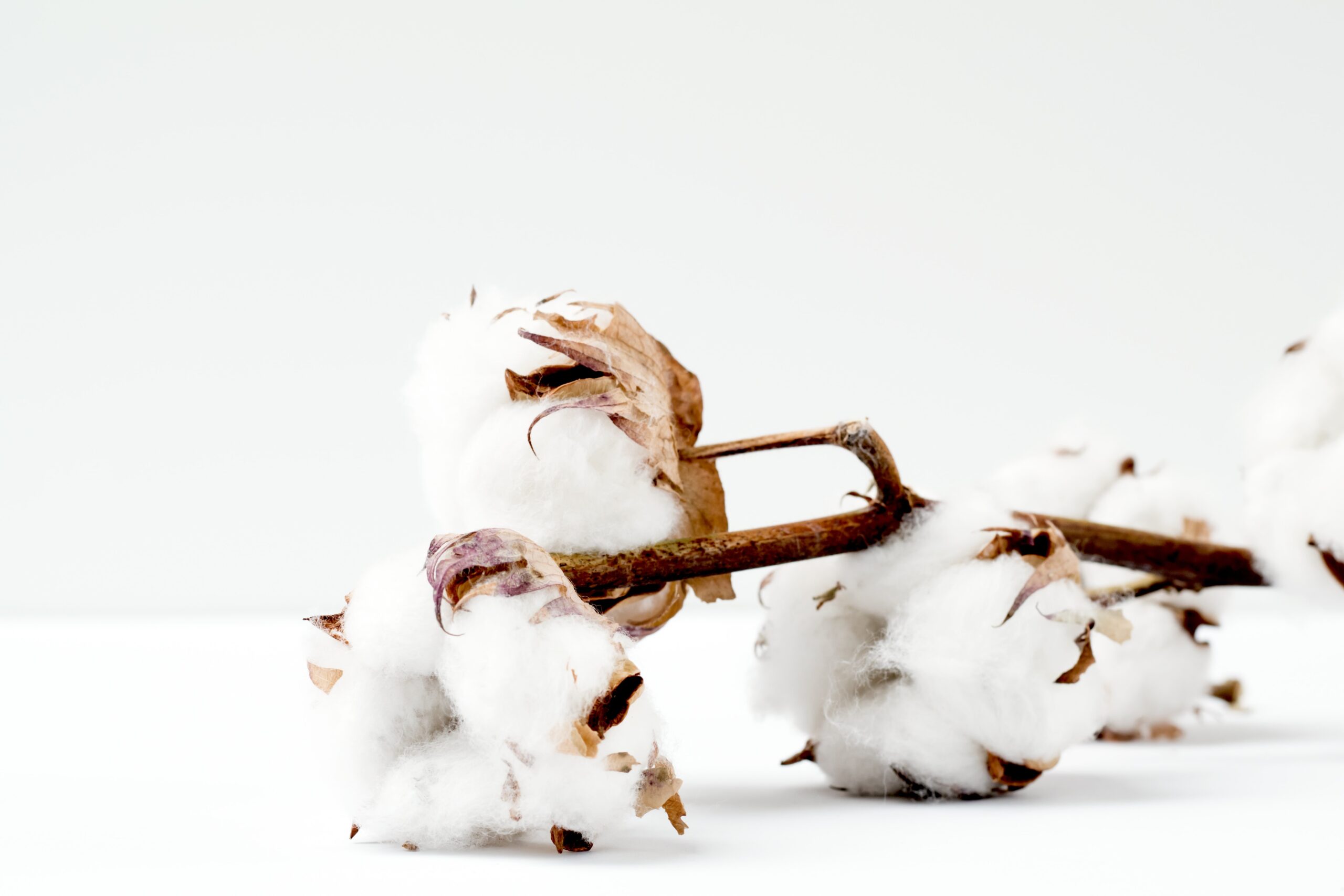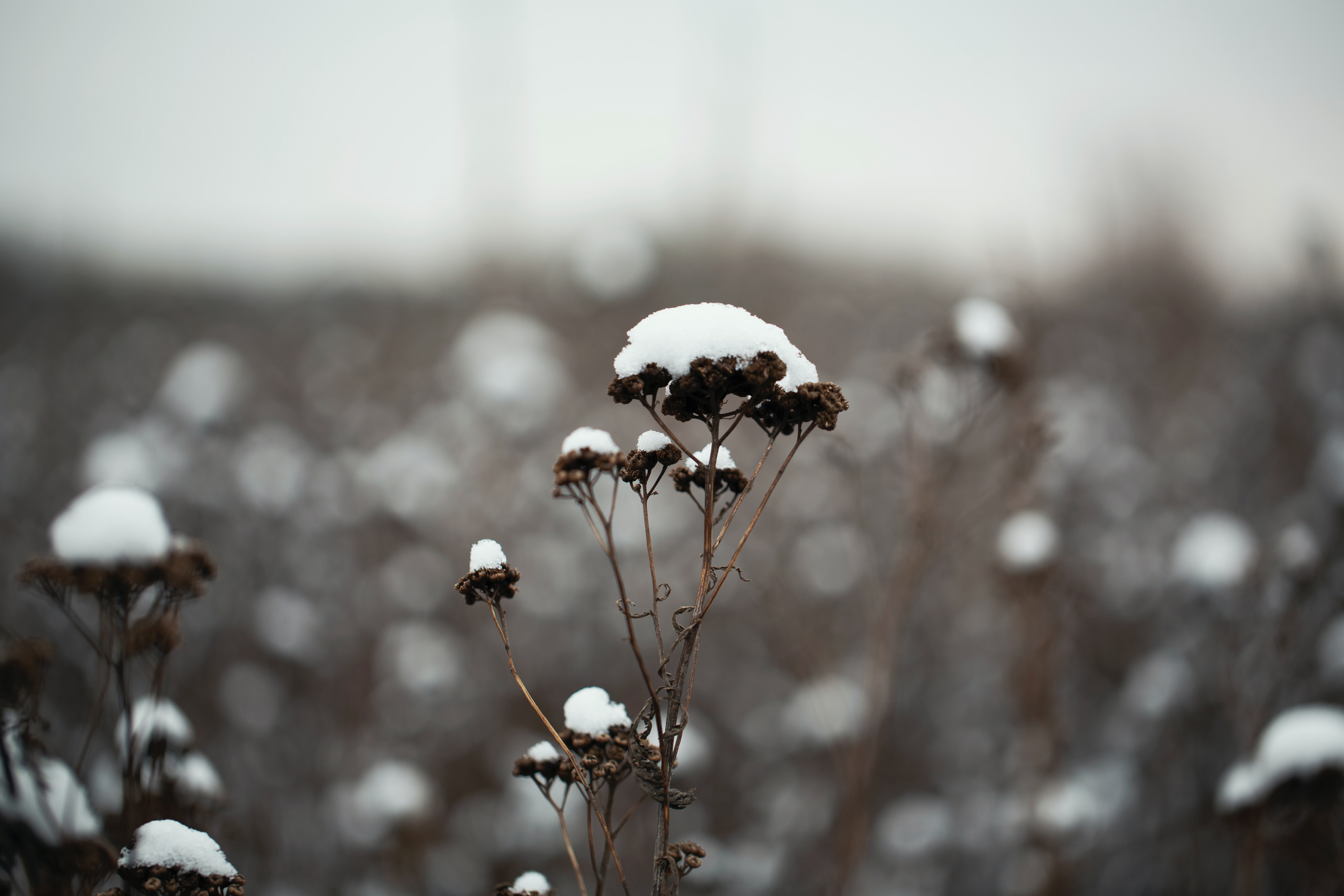As the annual cotton harvest commences and Turkmenistan marks Independence Day on 27 September, business and human rights policy and research officer, Rocio Domingo Ramos, sheds light on the continued practice of forced labour in the country’s cotton industry.

The 2021 cotton harvest has now started in some Central Asian countries such as Turkmenistan. Here, cotton is one of the main agricultural crops and the country is currently the 12th largest cotton exporter in the world.
Autumn now translates to that time of year when the Turkmen government once again starts forcing tens of thousands of citizens to harvest cotton under threat of dismissal if they refuse doing so. Every year, the central government establishes a cotton harvest plan that must be fulfilled. If farmers do not comply with this plan, they must pay fines and risk losing their tenancies.
The sad news is that after years of hard work, nothing has changed yet. Despite persistent efforts by civil society and the international community to lobby the Turkmen government, the country continues to deny these abuses even exist:
“President G. Berdimuhamedov had demanded to fulfil the state task of picking cotton for the 30th anniversary of Turkmenistan’s independence, which is celebrated on September 27, meaning that cotton picking will have to be completed two months earlier than usual this year.
Of course, only at the request of the president, the entire cotton harvest will not ripen by the specified date. But local authorities will torture cotton growers and cotton pickers to show the president that they are meeting the set targets.”
Turkmen partner Farid Tuhbatullin, chairman of Turkmen Initiative for Human Rights
It’s extremely challenging to monitor what the situation on the ground is, due to extreme limitations on freedom of expression and association. The Freedom House ‘Not Free’ ranking scores Turkmenistan just two out of 100, one point below North Korea. People in Turkmenistan are unable to express their dissatisfaction safely and freely and do not have opportunities to stand up for their rights without facing retaliation or even criminalisation by the Turkmen government.
Our partners Turkmen.news and the Turkmen Initiative for Human Rights (TIHR), sometimes at a great personal risk, have consistently been documenting and reporting on the ongoing use of systemic state-organised forced labour.
“Things have not changed in terms of forced labour this year. Covid-19 and lockdown have made things even worse, with employees from the public sector being sent to pick cotton, or required to pay money and hire a replacement instead.”
Ruslan Myatiev, founder of Turkmen.news (September 2021)
Though there is officially no coronavirus in Turkmenistan, tough restrictions were introduced in the country. However, public sector workers were taken to work in the cotton fields in overcrowded buses, without masks or basic hygiene. During last year’s harvest, doctors were exempt from working in the cotton fields in some regions, but school workers had to bear the additional work.
Toiling in extreme conditions

Cotton cultivation is a labour-intensive and very physically demanding process. Workers must bend down and repeat the same movements over and over again, every working day. This is on top of carrying heavy cotton sacks (of 20 to 30 kilograms) for several hundred metres in either hot weather or a chilly, damp autumn.
Water is generally brought to the fields for workers, but it is untreated, unfiltered and may be contaminated. What’s more, cotton pickers may face health risks because chemicals are used intensively during harvests. Many cotton workers reportedly suffer from bronchitis and cystitis due to the working conditions. Workers do not have access to medical assistance and cannot afford medical care themselves due to their low income.
On top of the poor working conditions, in the 2020 harvest, many cotton workers allegedly received low wages or faced abusive behaviours from the tenant farmers who refused to pay their wages in full.
Several cotton pickers who had reportedly worked all day without any break received only half of their expected wage because the farmer decided to cut their wages as there was moisture in the cotton.
2020 cotton harvest
In addition to unsafe working conditions and pay cuts, the problem of child labour also remains.
Despite the official ban on involving children in the cotton harvest in Turkmenistan since 2005, some children reportedly continue to be subjected to child labour in the country’s cotton fields. These children are forced to pick cotton to help their parents who are threatened with losing their job if they do not contribute to the cotton harvest.
The combination of forced labour, low wages, poor working conditions, and child labour mean that we continue to call for a complete boycott of Turkmen cotton globally.
How you can help
It’s critical that we all work together to help end the practice of forced labour in the cotton industry in Turkmenistan.
Join us by taking a few quick, simple, and easy steps to help us put critical pressure on the Turkmen government. Joining forces with the business community, governments in other countries and international agencies will hopefully lead us to put an end to this practice.
Here’s how you can help:
Tweet to your favourite brand:
Tweet your favourite brands about your views on this issue. Here’s some sample text:
#ForcedLabour is rife in #Turkmenistan and affects global cotton supply chains. @ [brand handle] please sign up to the Turkmen Cotton Pledge to ensure it doesn’t taint the products I buy from you. https://www.sourcingnetwork.org/turkmen-cotton-pledge/
Email your favourite brand:
Write to businesses to ask them to sign the Turkmen Cotton Pledge. You can often find consumer contact details for your favourite brands on their website.
Share a link to this blog post, explaining why this issue matters to you, and ask the business to sign the Turkmen Cotton Pledge. If you receive a response, please drop Anti-Slavery International an email with a copy of their response.
Do also keep an eye on Turkmen.news and our Twitter page for more updates on the 2021 harvest.
Thank you. Together let’s work to end this horrible practice and ensure working freedom for the population of Turkmenistan.